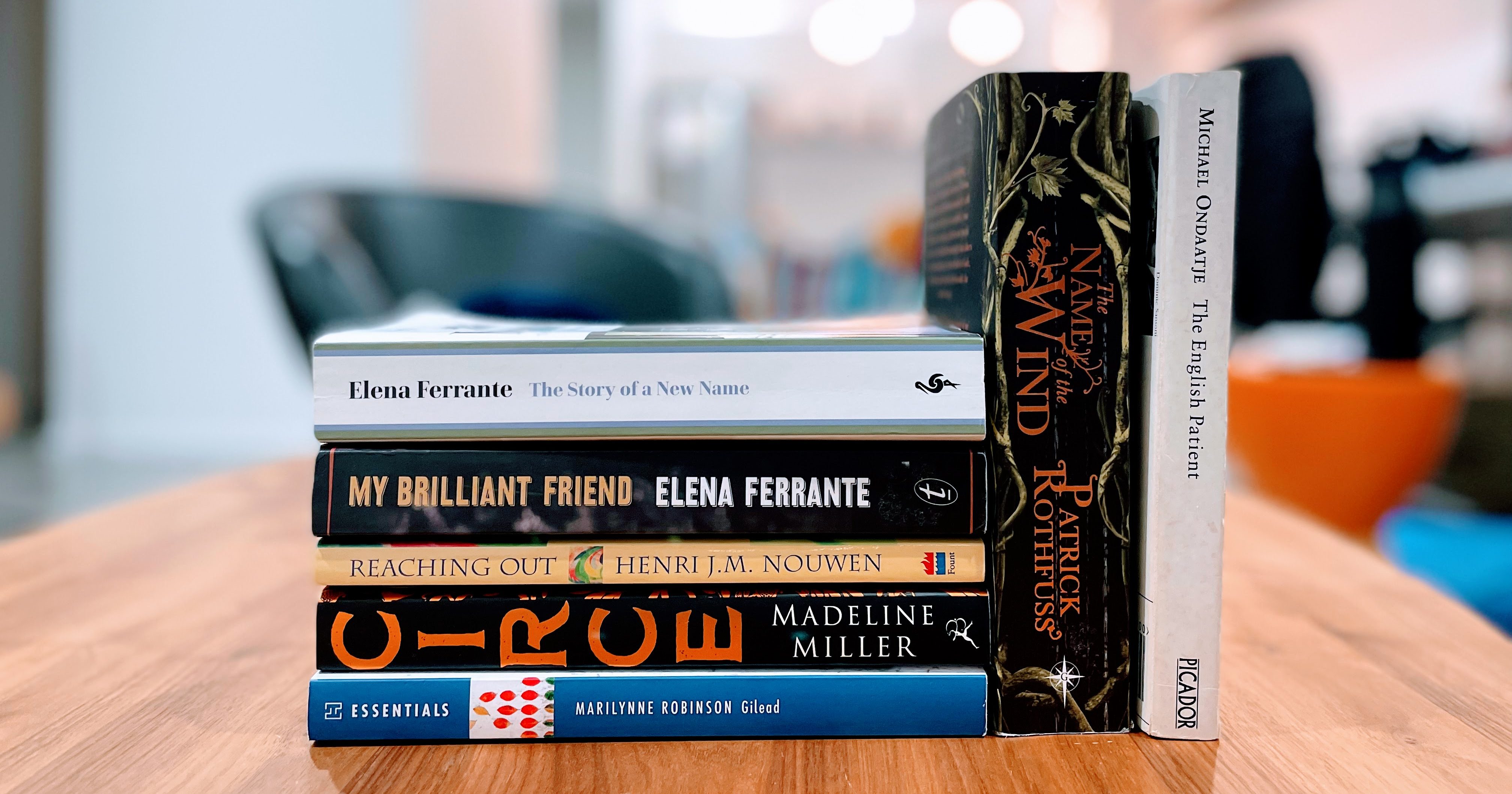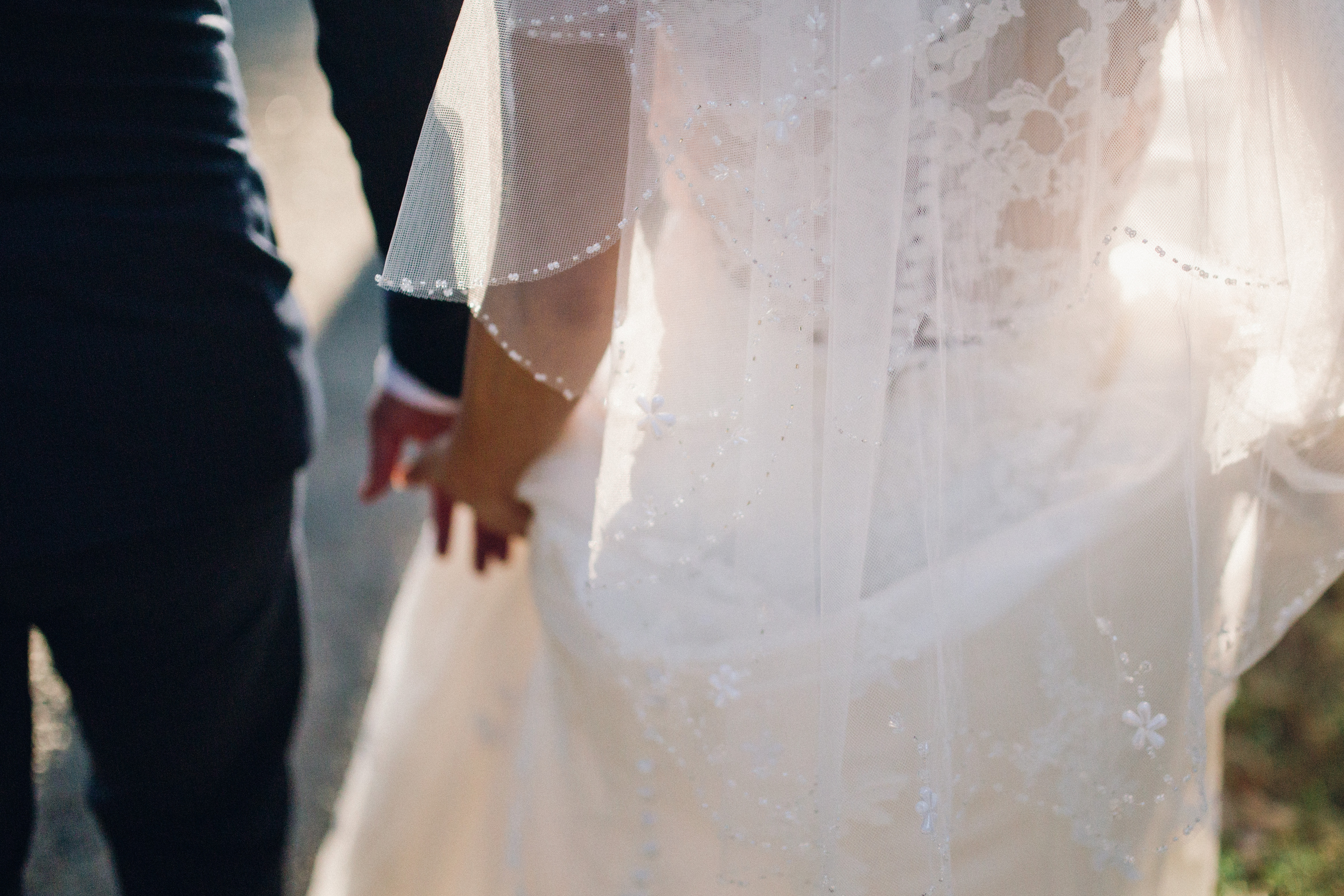The best of what I read in 2022, in the order in which I read them.
Gilead – Marilynne Robinson
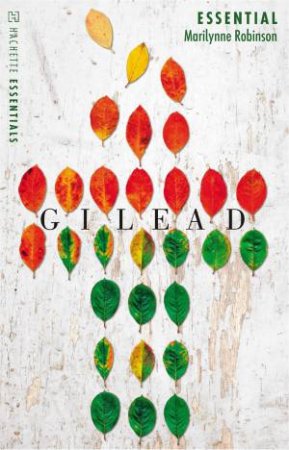
This Pulitzer Prize winner is breathtakingly beautiful, in the gentlest of ways. A double lightness pervades the narration: there’s both a softness and a brightness in the character and tone of the narration.
Gilead is framed as a long letter, akin to a series of journal entries, by an elderly pastor to the son of his old age, still a boy at the time of writing. It traces Reverend John Ames’s life, including his relationship with his father and grandfather, and the passing of time in the little town of Gilead. I’m not usually into americana, but I loved Gilead.
Nothing much happens, yet as a work of fiction it’s one of those novels saturated with truth about humanity. While not a theological work it’s perhaps a more powerful example of what a faith lived looks like – even if that testimony is fictional. I mean that as the reader you experience how having a faith shapes your perspective – not in a dogmatic way, but in a way that gives colour to your existence. It shows you what it is to struggle with faith, find peace in it, live by it.
Circe – Madeline Miller
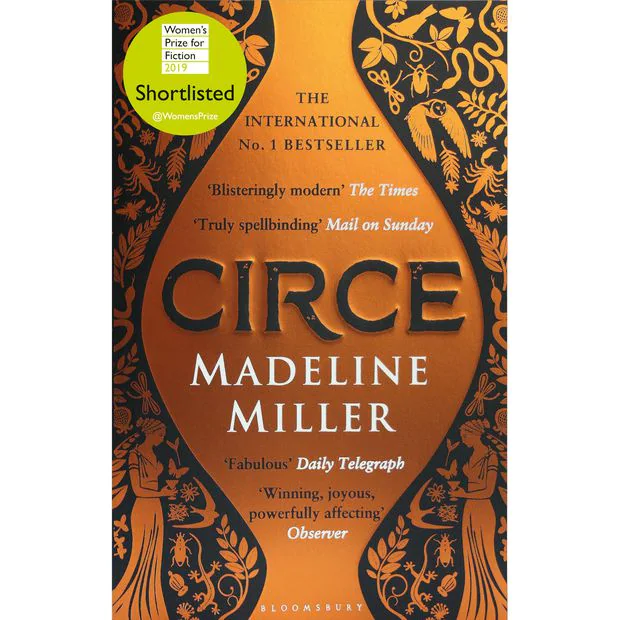
Clever, confronting with its cruelties and absolutely a page-turner. Madeline Miller’s reimagination of Greek mythology, told from the point-of-view of a lesser known female character from Homer’s Odyssey, received rave reviews when it was published in the wake of the #MeToo movement. I’m far from being an ardent feminist, but this is an excellent book.
I appreciated the reimagining of a sidelined minor figure and how she doesn’t always have perfect responses to her disempowerment or the injustice of her situation – that feels real, makes her more complex even as it makes her less likeable. I’m not sure I loved any of the characters, really. It’s rare that I enjoy a book when I don’t click with the protagonist and narrator, but somehow I found the injustice of Circe’s circumstances and the passions that drive her through the novel compelling.
A lot of the content, plot and details are ugly in their brutality. Still, the writing is gorgeous – Circe’s yearning, anger, cunning, mourning, frustrations and small joys are powerfully rendered, poetic without being overwrought.
Overall, Circe lives up to the hype and is worth a read.
Reaching Out – Henri Nouwen
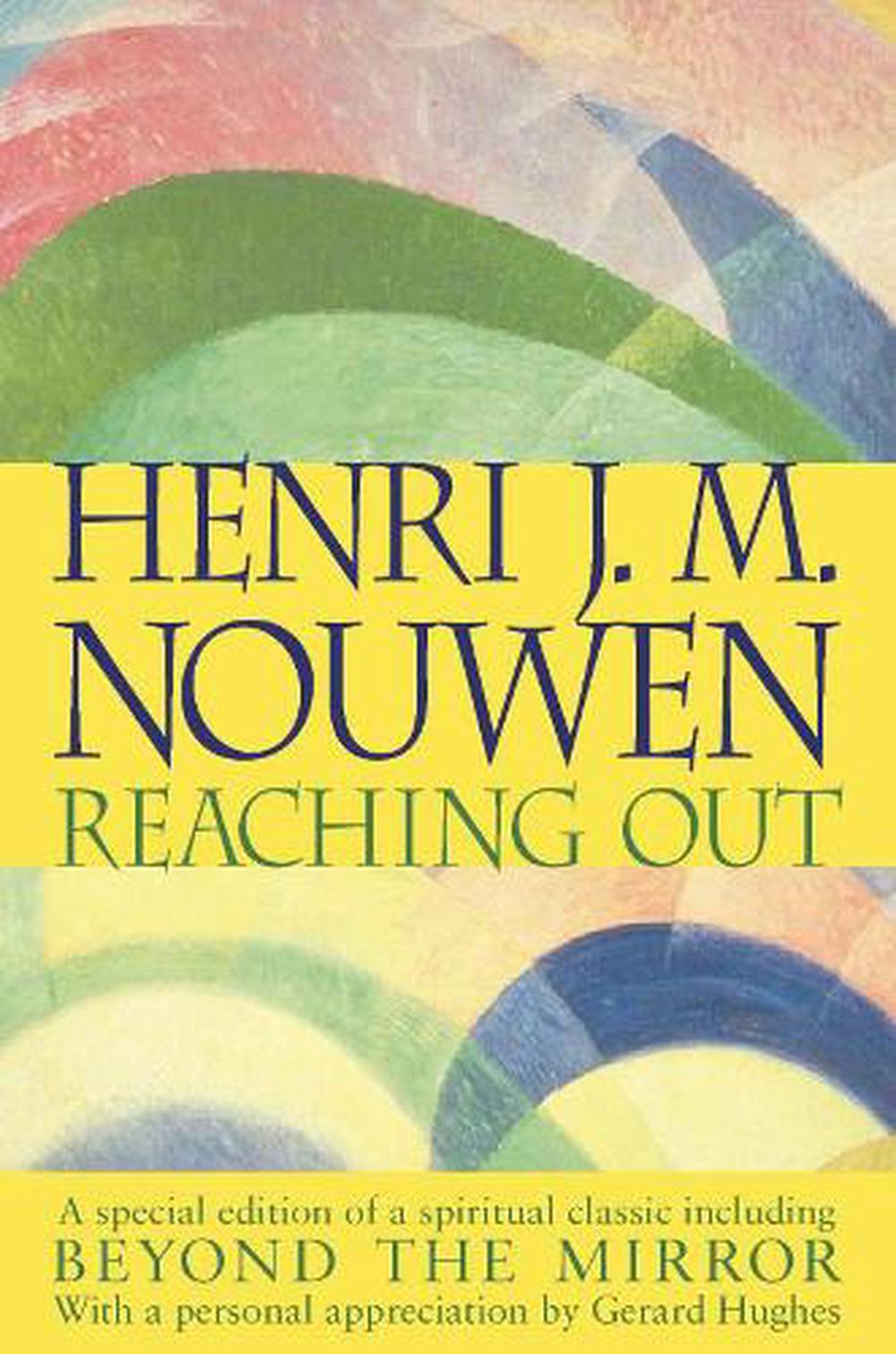
I found Nouwen’s short book wonderfully refreshing and enriching for the soul. He writes beautifully about the human condition and how our desires ultimately point us to God. Reaching Out is structured as three Acts, each one building on the Act that precedes it. In the first, Nouwen shows us how cultivating solitude out of loneliness is the key to connection – the only way to enjoy community, and even intimacy. In the second, he meditates on how true community is constructed through a movement from hostility to hospitality towards our fellow human beings. In the third, he explores how our relationship with God can be transformed from illusion to true prayer.
Even if you don’t identify as a Christian, I’m confident this book will help you see in a whole new light what it means to be human.
More of my thoughts on this book in my blog post on transformative hospitality.
The Shortest History of China – Linda Jaivin
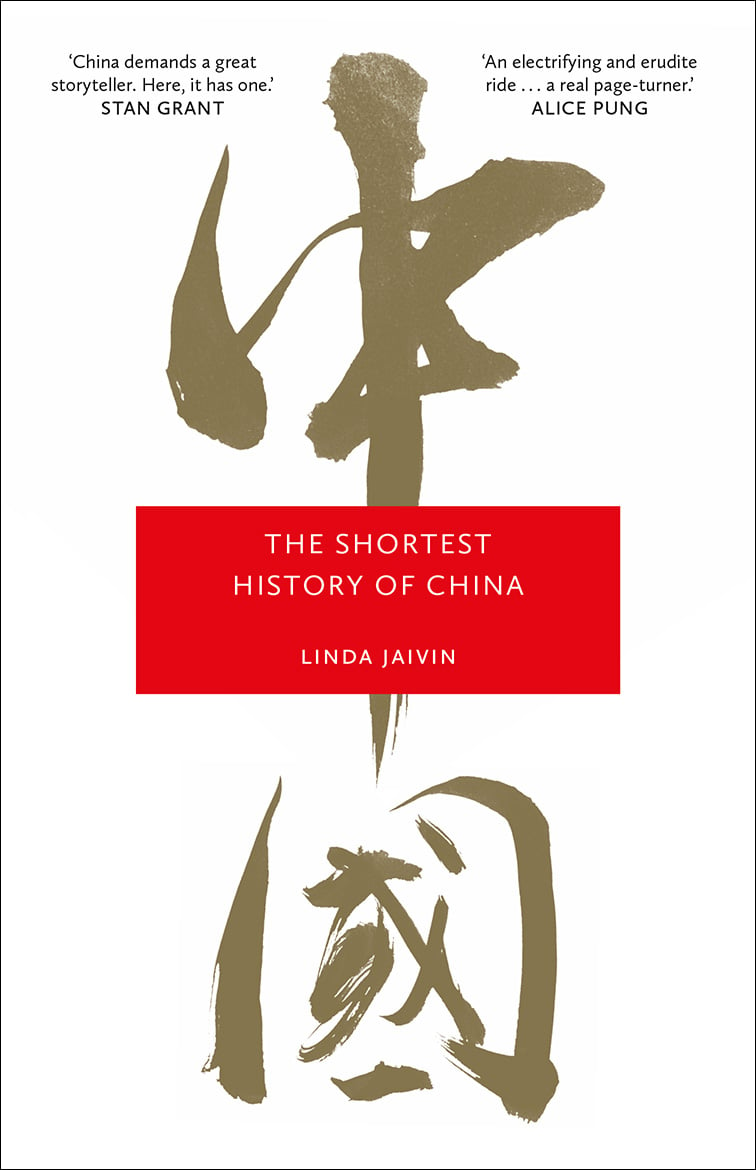
Despite my heritage, I know very little about China. In high school, I took an Asian History course, which focused more on modern Chinese history and to be honest, mostly I just have a vague memory of the bathroom scene in The Last Emperor film.
Linda Jaivin’s The Shortest History of China is the book equivalent of a pocket rocket. It covers millennia of rich and varied history in an astoundingly small number of pages. It’s smart, it’s fun, it’s a bit sassy. Which makes this book the perfect introduction to the country and culture of China – even for people like me who knew very little and had limited interest to boot.
While I struggle to remember the names of all the historical figures, the book pulls out recurring themes and entertaining tidbits so that I now have some context for famous things that I’d heard about but didn’t really understand much at all, such as the Great Wall, the Huns, the Mongols, the Boxer Rebellion, the Opium Wars.
I can recommend this to anyone and everyone.
My Brilliant Friend and The Story of a New Name – Elena Ferrante
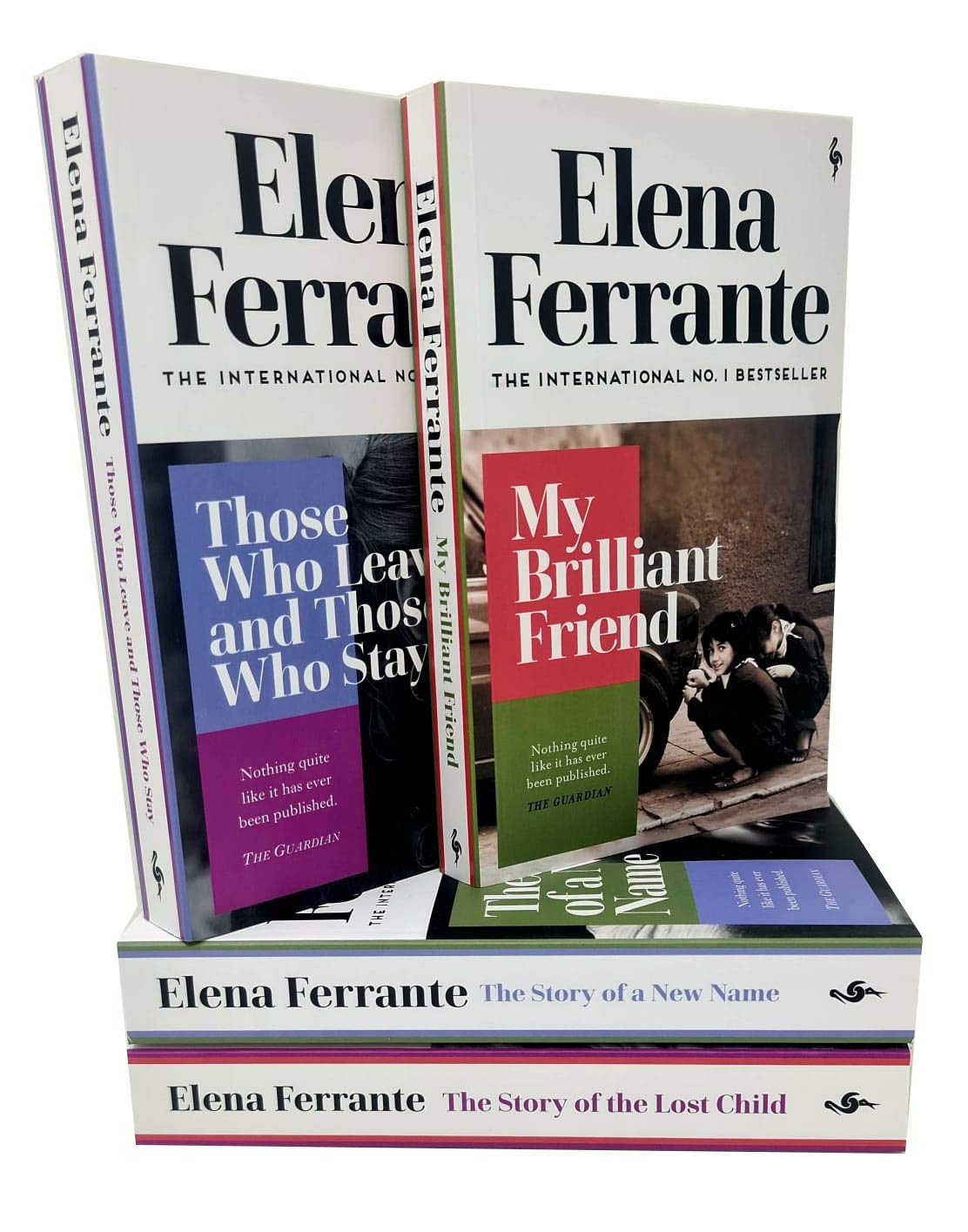
Like Circe, the Neapolitan Novels have received a tonne of accolades, with all of the accompanying hype. Like Circe, they’re an eloquent account of the everyday violence that women face and the pages are loaded with a fiery combination of ferocity and vulnerability.
I picked up My Brilliant Friend at an op-shop, having seen it on shelves a couple of times and vaguely heard of Elena Ferrante. I was very quickly hooked. It’s gripping from the start despite all the plot points involving seemingly ordinary childhood and teenage details. Lila, as seen by the narrator Elena, is a fascinating and compelling character. Part of me hated Lila and yet I found myself – like everyone else in the story – captivated by her and sympathetic to her struggles. Her wildness and eloquence propel the book forwards and I hung on her words, actions and fate, just as her friend Elena does. Book 1’s cliffhanger is an absolute banger and I ordered The Story of a New Name as soon as I turned the last page. If there were a prize for Best Cliffhanger Ever, I would award it to My Brilliant Friend, hands down.
Ferrante writes with passion, poetry and a precision that’s intriguing and breathtaking by turns. Ann Goldman’s translation from the Italian is excellent: she captures the feel of the Naples neighbourhood, and the rhythm of it is just right – the writing is evocative and precise in a way that’s powerful and often quite marvellous. Both books have lingered with me, like I’m still recovering from their impact, processing the hard truths they contain.
Honestly, I can’t wait to read the next two books in the series.
Honourable mentions
The English Patient – Michael Ondaatje
I didn’t include this book in the above because I’ve read it before. I re-read it this year to verify my claim that it’s one of my favourite books. It still is. One of my life goals is to pen a novel in this vein and if my prose was ten percent as good as Michael Ondaatje’s, I would be beyond satisfied.
The Booker Prize winner’s writing in general, and The English Patient especially is: poetic without being flowery or using big words; full of insane cadences; evocative, moody, tragic, beautiful, insightful; a moving exploration of how different people process trauma from the horror of World War II; able to make the technicalities of defusing bombs sound like art; smooth, almost effortless, to read despite its often difficult subject matter; not fantasy, but verges on magical realism.
The English Patient is on the list of books that changed my life.
The Name of the Wind – Patrick Rothfuss
The worldbuilding in this fantasy is outrageously good. I was constantly dazzled by the depth of the magic system, music, mythology, language and even the monetary system in Rothfuss’s debut. I’d recommend it for this alone. The writing is also eloquent and effective. While a thick tome (as many fantasy novels are), this was quite easy and entertaining to read.
That said, it’s worth being aware of where this book is, sadly, a bit average. Firstly, the character development is unsatisfying, particularly for the supposed protagonist – murdered parents and moments of altruism don’t offset the fact that Kvothe is brilliant but dull (compare Lila in Elena Ferrante’s series, who is similarly prodigious and far more captivating). The plot also feels like a lengthy series of events rather than a cohesive story that builds so I don’t have any particular urge to continue on to Book 2 of the trilogy.
The Weather Machine – Andrew Blum
Not quite as mind-blowing as the books above but one that I would nonetheless recommend. The Weather Machine is a well-written and interesting introduction to the history and development of weather forecasting. Andrew Blum’s approach combines investigative and travelogue vibes, with a keen human interest running throughout.
Some critics have faulted the book for being too basic on the details of how weather people do what they do. But I say: this is not a science book. I loved it precisely because it focuses on the historical, social, political context of this global human project of predicting the weather.
*
See also: Things I read in 2020, The books that changed my life, Reading revolution: 5 ways I’ve upgraded my reading, 2016: A return to reading.
What should I read in 2023? Let me know in the comments!

